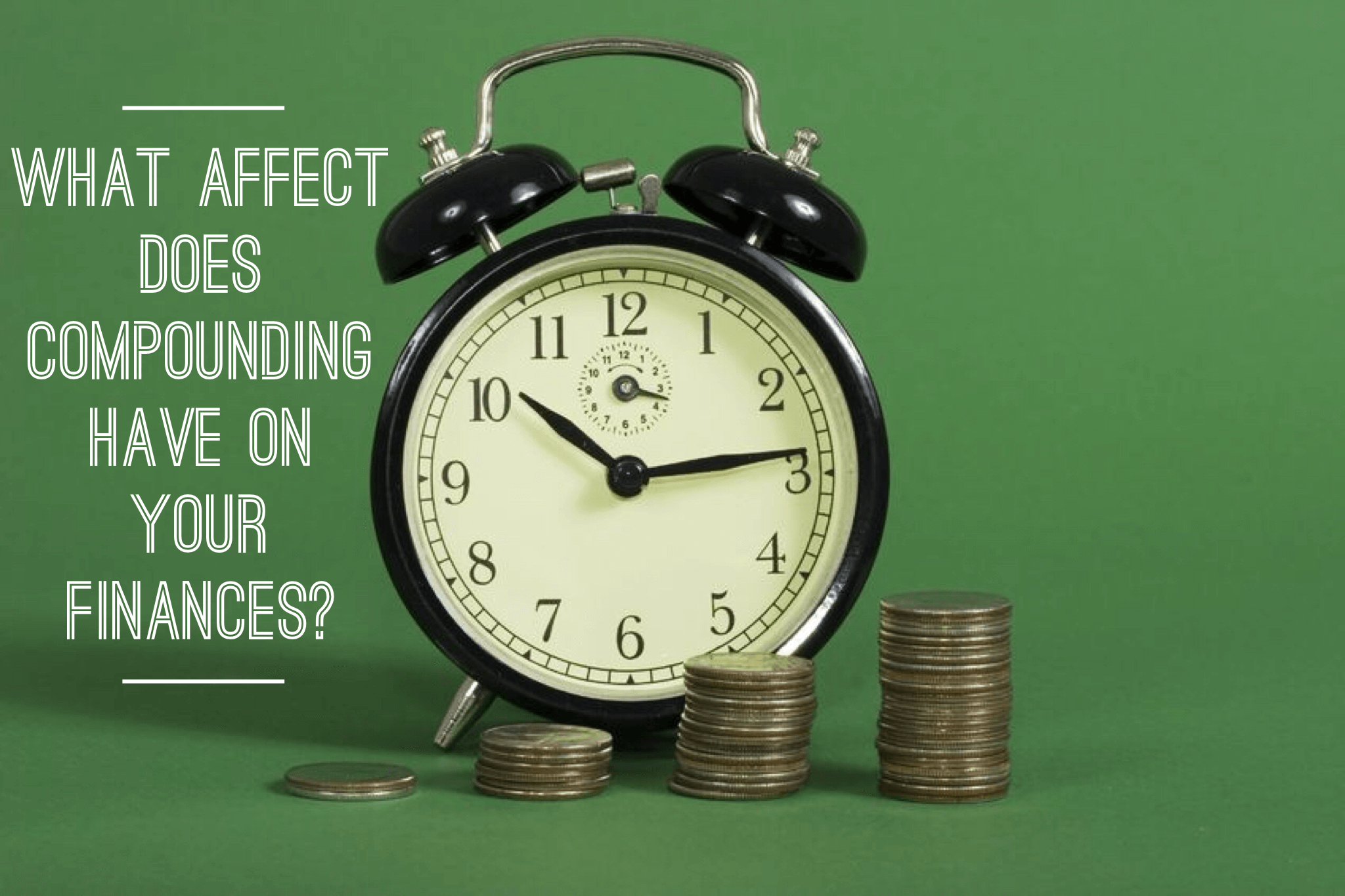You may never be a financial guru, but there are still important money concepts you should understand in order to feel confident about a secure future for yourself and your family. One such concept is the act of compounding.
While it’s a vital component to becoming financially savvy, compounding is unfortunately something few Americans truly comprehend. But that can change today. Keep reading to see how compounding can either help or hinder your finances. I guarantee that once you understand it, you’ll feel much more prepared for the ability to achieve a successful financial future.
How does compounding work?
In short, compounding is earning or charging interest on top of interest. For example, if you put $1,000 in a savings account that pays 1% interest and that interest is compounded once a year, then you’ll have earned $10 in interest payments at the end of a 12-month period. If you leave your money in the same account, then you’ll earn 1% interest on the new amount in the account–$1,010, or $10.10, over the course of that second year.
How can you use it your advantage
I’m sure you’ve heard the notion that you should start saving for retirement as early as possible. But do you know why? If you truly understand the concept, it may motivate you to start saving more today. Compounding works more to your advantage the sooner you start investing.
For example, if you save $5,000 a year beginning at age 25 with the goal of retiring at age 65 and your investments generate an average annual return of 8%, you may be shocked at how much of an impact compounding would make. Saving $5,000 over the course of 40 years results in $200,000—a respectable amount. But if you take compounding into account–which adds the aforementioned 8% return each year—you could grow your retirement bankroll to a lucrative $1.3 million.
Just to compare, if you were to start saving that same amount 10 years later, even at an average annual 8% return, you’d have just $566,000 by the time you hit 65. In other words, losing out on just 10 years of compounding could diminish your retirement savings balance into less than half than what you may have hoped for.
How it can be detrimental to your finances
While compounding is a wonderful thing when it comes to investing in your future, it can also have a devastating affect when it comes to borrowing money.
When you carry a balance on your credit card, the issuing company will apply interest to whatever principal amount you owe. What many people may not realize, however, is that over time, you’ll be charged interest not just on the principal, but also on the interest.
For example, if you owe $5,000 on your credit card, and it takes you three years to pay it off with 12% interest, you’ll pay an astounding $1,000 in interest charges by the time your loan is paid off.
However, if you were to take that same $5,000 balance and pay it off in one year instead of three, you’d lose just over $300 in interest payments since you’re giving your credit card company less time to let compounding take affect.
Another disturbing fact is that many credit card companies compound interest on a daily basis. That means interest charges are getting added to your principal balance every day, making it all the more difficult for you to stay on top of paying off the balance. I know it’s easier said than done, but the solution is to always pay the full balance of your credit card on time so you don’t end up over your head in debt.
The bottom line: Compounding is a simple and important concept to understand. As an investor, it can work highly in your favor, while as a borrower it can have a detrimental affect. Hopefully now that you understand it, you’ll be smarter when you approach the areas where compounding affects your own finances.
Source: USA Today







